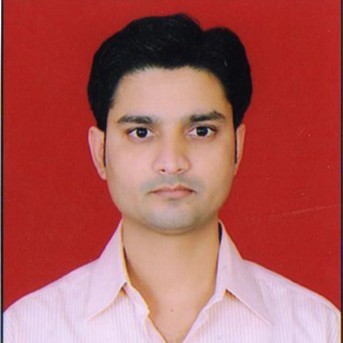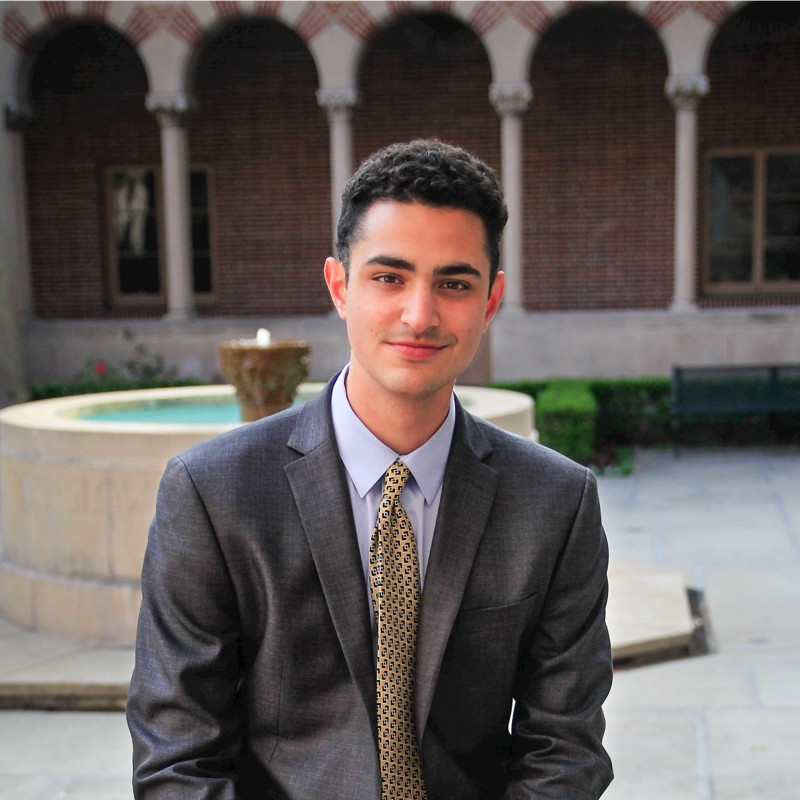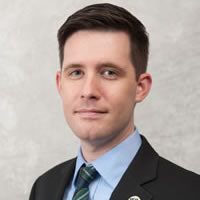Robert Solow's Email & Phone Number
American economist
Robert Solow's Email Addresses
Find personal and work emails for over 300M professionals
Not the Robert Solow you were looking for? Continue your search below:About Robert Solow
📖 Summary
Robert Solow is an esteemed American economist whose work has greatly impacted the field of economics and our understanding of economic growth and development. Born in 1924, Solow has had a long and successful career in academia, government, and research, making significant contributions to economic theory and policy. He is best known for his groundbreaking work in the theory of economic growth, for which he was awarded the Nobel Prize in Economic Sciences in 1987.
Solow's most famous work is his development of the neoclassical growth model, which has become a cornerstone of modern economic theory. In the 1950s, Solow published a series of papers introducing this model, which revolutionized the way economists think about the factors influencing economic growth. The key insight of the model is that technological progress is the primary driver of long-term economic growth, rather than the traditional factors of capital and labor. This idea has had a profound impact on economic policy, emphasizing the importance of investment in education, research and development, and innovation for sustained economic development.
One of Solow's most influential papers, "A Contribution to the Theory of Economic Growth," published in 1956, laid the foundation for the neoclassical growth model. In this paper, Solow introduced the concept of exogenous technological progress, which refers to improvements in technology that are not directly related to capital and labor inputs. This idea upended the previous understanding of economic growth, which had focused on the accumulation of capital and the growth of the labor force as the primary drivers of economic expansion. Solow's work demonstrated that technological progress plays a critical role in increasing productivity and driving long-term economic growth.
In addition to his theoretical work, Solow has made important contributions to our understanding of the sources of economic growth and the role of public policy in promoting development. In his famous 1957 article "Technical Change and the Aggregate Production Function," Solow introduced the concept of the "Solow residual," which measures the unexplained portion of economic growth that cannot be attributed to changes in capital and labor inputs. This residual has been crucial in identifying the effects of technological progress on economic output and has provided valuable insights into the sources of growth.
Solow's research has also focused on the role of investment in human capital and the importance of education and training in promoting economic development. His work has demonstrated the critical role of human capital in driving economic growth and has underscored the importance of policies aimed at improving education and skills training. This emphasis on human capital has had a significant impact on economic policy, highlighting the need for investments in education and training to foster innovation and productivity growth.
In addition to his groundbreaking research, Solow has had a distinguished career as an educator, mentor, and public intellectual. He has held teaching positions at several prestigious universities, including MIT and Harvard, where he has trained and inspired countless students and scholars. Solow's influence also extends to his public engagement, where he has been a prominent voice on important economic issues, providing valuable insights and analysis to policymakers, journalists, and the public.
Throughout his career, Solow has received numerous honors and awards in recognition of his outstanding contributions to the field of economics. In addition to the Nobel Prize, he has been elected to the American Academy of Arts and Sciences, the National Academy of Sciences, and the American Philosophical Society, among other prestigious institutions. Solow's work has had a lasting impact on economic theory, policy, and practice, and he continues to be a respected figure in the field of economics.
In conclusion, Robert Solow is a pioneering economist whose work has fundamentally reshaped our understanding of economic growth, development, and policy. His development of the neoclassical growth model and his insights into technological progress have had a profound impact on economic theory, shaping the way economists think about the sources of growth and the role of public policy. Solow's emphasis on human capital and his advocacy for investments in education and innovation have also had a lasting influence on economic policy, highlighting the importance of fostering human potential for sustained economic development. As a teacher, scholar, and public intellectual, Solow has left an indelible mark on the field of economics, and his contributions will continue to inspire and inform future generations of economists for years to come.
Frequently Asked Questions about Robert Solow
What was Robert Solow known for?
Robert Solow was awarded the Economic Sciences Prize for his important contributions to theories of economic growth. In the 1950s, he developed a mathematical model illustrating how various factors can contribute to sustained national economic growth.
Is Robert Solow a Keynesian?
A Keynesian, Solow was a witty critic of economists ranging from interventionists such as John Kenneth Galbraith to free marketers such as Milton Friedman. He was awarded the National Medal of Science in 1999.
What is the Solow model of economic growth?
The Solow–Swan model or exogenous growth model is an economic model of long-run economic growth. It attempts to explain long-run economic growth by looking at capital accumulation, labor or population growth, and increases in productivity largely driven by technological progress.
What is the golden rule of the Solow model?
In the Solow growth model, is there an optimum saving rate? An approach to optimum saving is to find the saving rate that maximizes consumption per capita in the steady state. This saving rate is the “golden-rule” saving rate.
Robert Solow's Email Addresses
People you may be
interested in
American actor and comedian
American actor and comedian
American comedian and writer
Internet personality ‧ Irfan Bachdim's wife
American basketball shooting guard
American actor and filmmaker
Writer
TV personality
Researcher
English former soccer player
Filipino-Canadian YouTuber and singer
Aruban baseball shortstop







